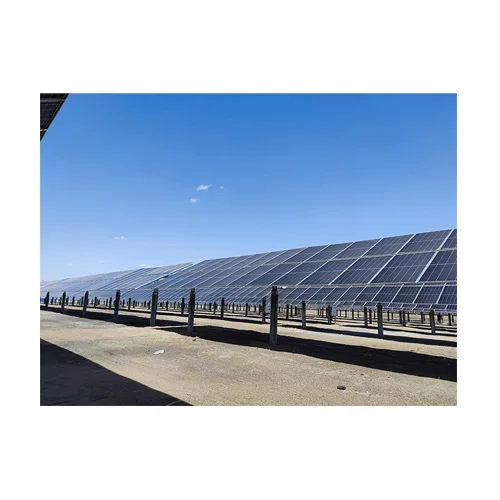When it comes to choosing fabrics for clothing, home textiles, and various applications, polyester often emerges as a popular choice. However, a common question arises: Is polyester comfy? This inquiry delves deeper than mere surface-level impressions, as comfort is a multifaceted concept influenced by various factors, including fabric properties, individual preferences, and intended use. In this article, we will explore the characteristics of polyester, its advantages and disadvantages, and how it compares to other fabrics in terms of comfort.
Understanding Polyester: A Brief Overview
Polyester is a synthetic fiber derived from petroleum products, primarily through a process known as polymerization. This process creates long chains of molecules that form the basis of polyester fabric. Known for its durability, resistance to shrinking and stretching, and quick-drying properties, polyester has become a staple in the textile industry. It is commonly blended with other fibers, such as cotton or wool, to enhance its performance and comfort.
The Comfort Profile of Polyester
- Breathability and Moisture Management
One of the primary factors influencing comfort is breathability. Polyester is often criticized for its lack of breathability compared to natural fibers like cotton or linen. However, advancements in textile technology have led to the development of moisture-wicking polyester fabrics. These fabrics are engineered to draw moisture away from the skin, allowing it to evaporate quickly. This feature is particularly beneficial for activewear and sports apparel, where sweat management is crucial for comfort.
- Softness and Texture
The tactile experience of a fabric plays a significant role in perceived comfort. While traditional polyester can feel somewhat stiff or coarse, modern manufacturing techniques have produced softer variants. Brushed polyester, for instance, mimics the softness of natural fibers, making it more appealing for everyday wear. Additionally, polyester blends, such as those combined with cotton, can enhance softness while retaining the durability of polyester.
- Temperature Regulation
Temperature regulation is another critical aspect of comfort. Polyester fabrics can trap heat, which may lead to discomfort in warmer climates. However, lightweight polyester options are available that provide a balance between insulation and breathability. For colder weather, polyester fleece is a popular choice due to its ability to retain warmth without adding excessive bulk.
Advantages of Polyester in Comfort
- Durability and Longevity
One of the standout features of polyester is its durability. Unlike natural fibers that may wear out or lose shape over time, polyester maintains its integrity, making it a long-lasting option. This durability translates to comfort over time, as garments do not sag or lose their fit after repeated wear and washing.
- Easy Care and Maintenance
Polyester is known for its low maintenance requirements. It is resistant to wrinkles, fading, and shrinking, which means that garments retain their shape and color longer. This ease of care contributes to overall comfort, as individuals can enjoy their clothing without the hassle of frequent ironing or special washing instructions.
Disadvantages of Polyester in Comfort
- Heat Retention
While polyester can be suitable for various climates, its heat retention properties can be a drawback in hot weather. Individuals who tend to overheat may find polyester garments uncomfortable during the summer months. In such cases, opting for lighter, breathable fabrics may be a better choice.
- Environmental Concerns
As a synthetic fabric, polyester is derived from non-renewable resources, raising concerns about its environmental impact. While this factor may not directly affect comfort, it is essential to consider the broader implications of fabric choices. Sustainable alternatives, such as organic cotton or recycled polyester, are gaining popularity for those who prioritize eco-friendliness alongside comfort.
Conclusion: Is Polyester Comfy?
The answer to the question Is polyester comfy? is nuanced and depends on various factors, including the specific type of polyester, its intended use, and individual preferences. While traditional polyester may not offer the same level of comfort as natural fibers, advancements in textile technology have led to the development of softer, moisture-wicking, and breathable options that enhance comfort.

More Stories
Premium Pure Wool Suit Fabric for Timeless Elegance
Why Spandex Rabbit Fur Fabric Is a Sustainable Alternative to Real Rabbit Fur
Why Korean Velvet Is The Perfect Material For Gift Boxes